by Neisa Brito Barbosa
The world doesn’t know Eunice Kathleen Waymon, but generations have met–and loved–Nina Simone. From a novice pianist to an international icon, Nina Simone put the you in blues and the pizzazz in jazz. With soulful hits like “Mississippi Goddamn” and “Why? (The King of Love is Dead)”, she transformed the pain of life under Jim Crow, censorship, and the racially segregated South into a musical legacy of activism. Through her work, Simone challenged young people and elders alike to harness their gifts, rise above adversity, and keep pressing on.
Simone’s career reached its peak during the height of the Civil Rights movement in the South. While she is remembered for her legendary career as a musician, Simone was also one of thousands of Black women who drove the fight for racial equality across the United States.
After the tragic 16th Street Baptist Church bombing in Birmingham, Alabama, 1963, her protest anthem “Mississippi Goddamn” galvanized the movement for racial equality. It was a bold and unflinching response to the horrors of racism and injustice. However, the song’s impact came at a cost: it was one of the first to face heavy censorship during the 1960s. Simone’s identity as a Black woman and her unapologetic lyrics made her a target, putting her career at risk (Symposium, 2021).
In contrast, songs like Lesley Gore’s “You Don’t Own Me,” released in 1963–debuting in the same era– were celebrated as feminist anthems and have been widely promoted in media, featured in films like Suicide Squad and Dirty Dancing. The disparity in reception reflects a persistent pattern: Black women’s art is more likely to be censored, undervalued, or misattributed.
Simone’s music has not only faced censorship but has also been appropriated over time. Many of her works have been covered or adapted by white musicians, who are often elevated and credited as creative pioneers, while Simone’s contributions are sidelined. These injustices reveal the broader societal tendency to diminish the work of Black women while profiting from their genius.
Yet, despite all of this, Nina Simone’s legacy endures–largely thanks to the resilience of Black communities. Her music was censored, stolen, even physically destroyed—record labels famously broke her records and returned the pieces to her producers–but Black women were always there, quietly ensuring her voice wasn’t lost. They consumed her music and kept the flame of her artistry alive.
Who knows what the world would look like today without the courage of artists like Nina Simone? Her legacy has echoed through the decades, inspiring countless Black women to use art as a tool for activism. One such figure is Angela Alsobrooks, Maryland’s newly elected senator and the first Black woman to represent the state in the US Senate. Alsobrooks regularly amplifies local artists through her initiatives, using her platform to connect art with community transformation.
From Nina Simone to Angela Alsobrooks, Black women have consistently used art as a vehicle for activism, paving the way for social and political progress. Whether in music, politics, or grassroots organizing, these women remind us of the power of resilience and creativity.
In the political arena, Angela Alsobrooks shattered a historical barrier in Maryland when she became the first Black woman to hold the position of Prince George’s County Executive. Alsobrooks has been a staunch advocate for education, economic development, and criminal justice reform. Her leadership shows how political participation can directly impact local communities, especially for Black women aiming to create meaningful change from within government.
Black women in the arts have long been at the forefront of activism; for example, poet, writer, and activist Audre Lorde used her literary works to address racial, sexual, and gender inequalities, influencing generations of thinkers, activists, and artists.
These women demonstrate that Black women are powerful change-makers—whether through art, policy, or direct action—and offer inspiration for anyone looking to make an impact.
If you enjoyed this article, check out the curated playlist below, designed to turn your artistry into activism, and if you’re considering running for office or getting involved in activism, explore 6 Ways You Can Make a Positive Change in Your Community!
Live free, fight hard, and keep rising.
“I tell you what freedom is to me: no fear.” – Nina Simone
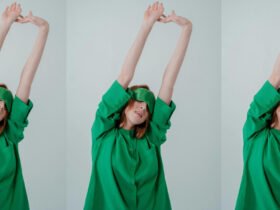



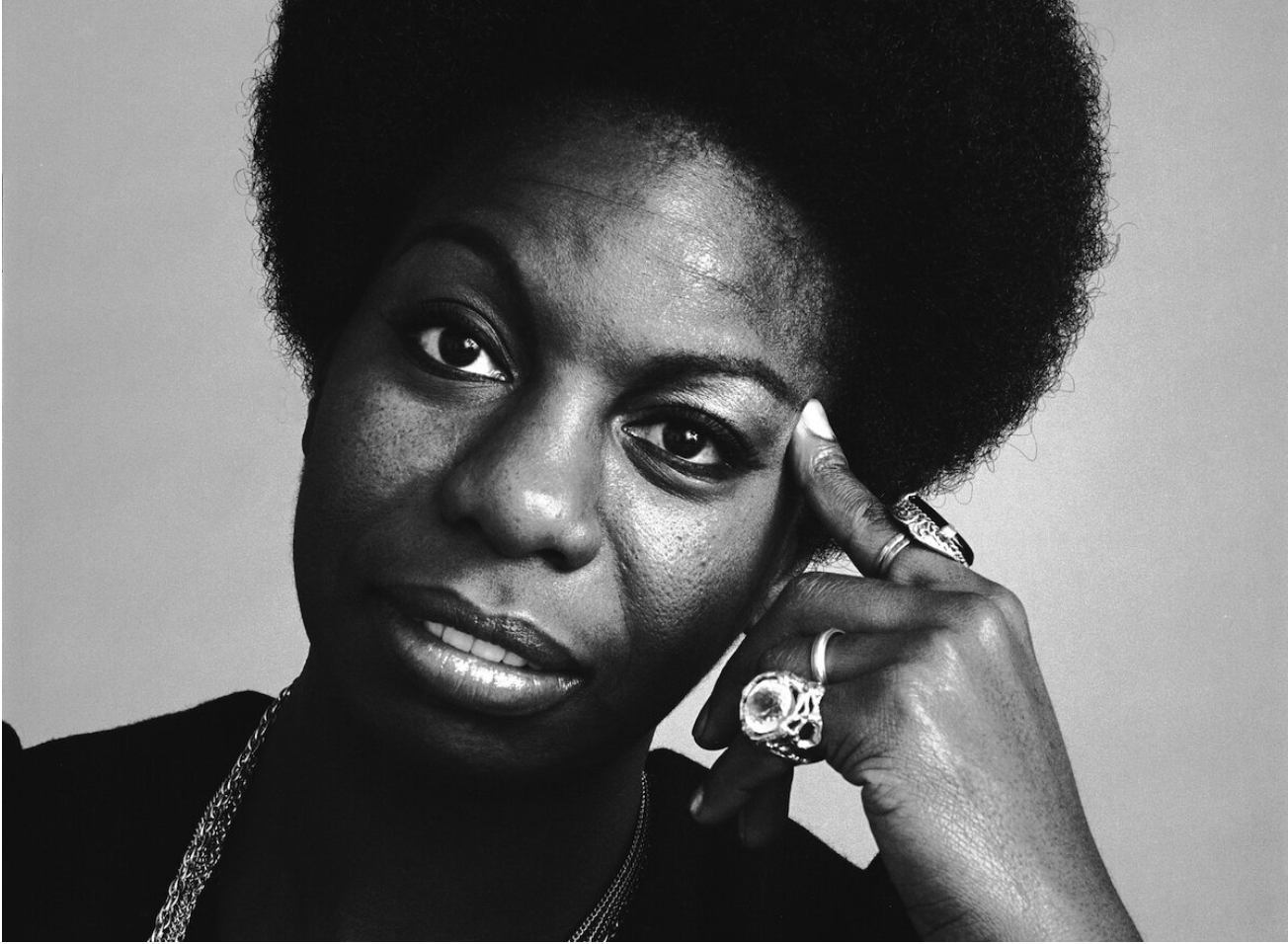

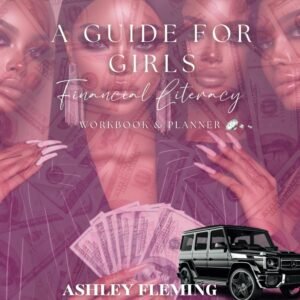
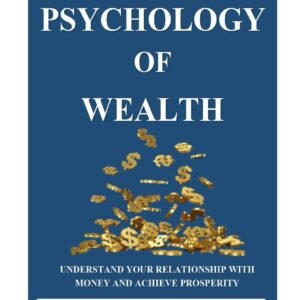
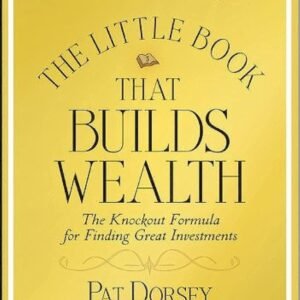
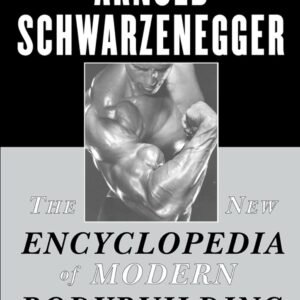
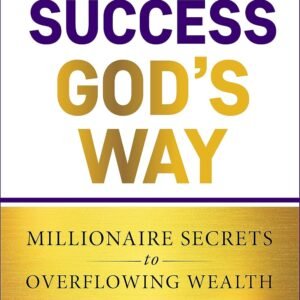


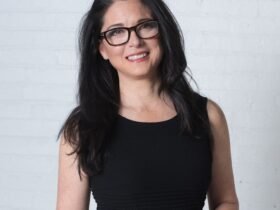




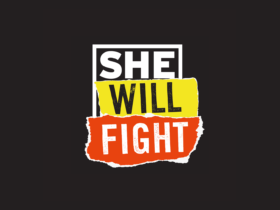
Leave a Reply